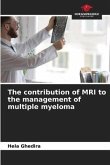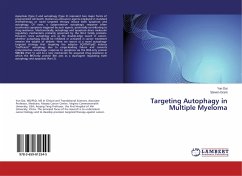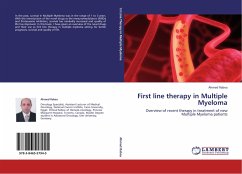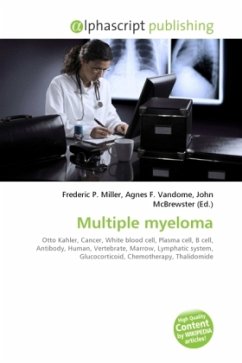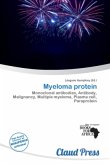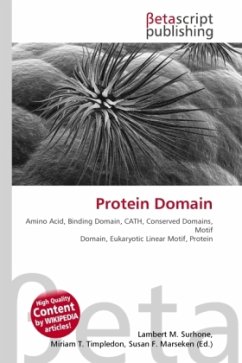The t(4;14) translocation, present in ca. 20% of
cases of Multiple
Myeloma, results in the dysregulation of two
potential oncogenes,
MMSET and FGFR3, via juxtaposition to regulatory
elements of the IgH
locus. The presence of t(4;14) and overexpression of
transcripts from
the MMSET locus are adverse prognostic factors in
Multiple Myeloma
irrespective of FGFR3 expression, implicating MMSET
in disease
pathogenesis. MMSET is a biologically active
transcriptional effector
that could mediate a series of repressive changes by
acting as a
methyltransferase enzyme in chromatin remodeling and
as a complex
adaptor in the recruitment of repressor species.
cases of Multiple
Myeloma, results in the dysregulation of two
potential oncogenes,
MMSET and FGFR3, via juxtaposition to regulatory
elements of the IgH
locus. The presence of t(4;14) and overexpression of
transcripts from
the MMSET locus are adverse prognostic factors in
Multiple Myeloma
irrespective of FGFR3 expression, implicating MMSET
in disease
pathogenesis. MMSET is a biologically active
transcriptional effector
that could mediate a series of repressive changes by
acting as a
methyltransferase enzyme in chromatin remodeling and
as a complex
adaptor in the recruitment of repressor species.


